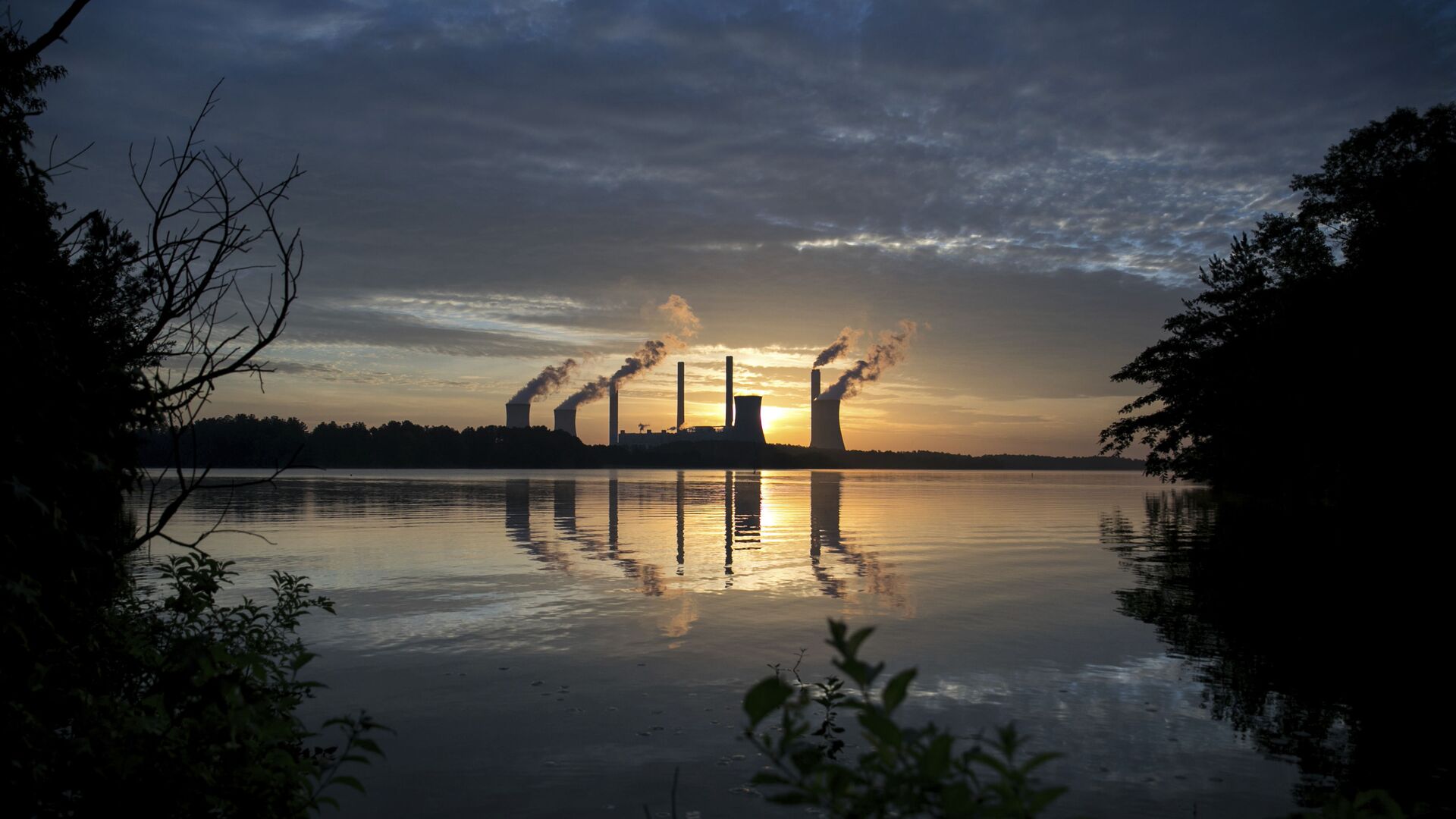https://sputnikglobe.com/20231121/carbon-emissions-from-worlds-richest-1-will-kill-13-million-people-by-2030---report-1115087470.html
Carbon Emissions From World’s Richest 1% Will Kill 1.3 Million People by 2030 - Report
Carbon Emissions From World’s Richest 1% Will Kill 1.3 Million People by 2030 - Report
Sputnik International
The Occupy Wall Street movement ushered in a new paradigm in the way people talk about inequality, claiming the world’s wealthiest 1% enjoy political and economic privilege lacked by everyone else.
2023-11-21T03:53+0000
2023-11-21T03:53+0000
2023-11-21T03:51+0000
world
earth
oxfam
climate change
wealth
pollution
https://cdn1.img.sputnikglobe.com/img/107897/86/1078978612_0:32:3063:1755_1920x0_80_0_0_c567fc04051ce79bef905a4c75b1606f.jpg
The Occupy Wall Street movement ushered in a new paradigm in the way people talk about inequality, claiming the world’s wealthiest 1% enjoy political and economic privilege lacked by everyone else.Now, a new report finds that privilege extends to carbon emissions.The study, released Monday by the British charity Oxfam, found that the richest 1% of the global population create as much “planet-heating pollution” as the poorest two-thirds. Researchers say those carbon dioxide emissions made up 16% of the Earth’s total in 2019.1.3 million deaths from heat-related causes will result from these emissions alone between 2020 and 2030, according to the report.“Climate change is already worsening inequality both between and within countries,” read an Oxfam news release.The report offered stark recommendations to address the divide, saying the world must “get off fossil fuels quickly and fairly.” The authors recommended addressing inequality as part of efforts to respond to climate change and said human welfare should be placed “over endless profit.”So far, few politicians in wealthy countries seem to be advocating that kind of systemic economic change.
earth
Sputnik International
feedback@sputniknews.com
+74956456601
MIA „Rossiya Segodnya“
2023
Sputnik International
feedback@sputniknews.com
+74956456601
MIA „Rossiya Segodnya“
News
en_EN
Sputnik International
feedback@sputniknews.com
+74956456601
MIA „Rossiya Segodnya“
Sputnik International
feedback@sputniknews.com
+74956456601
MIA „Rossiya Segodnya“
pollution, occupy wall street, world's richest 1%, what is oxfam, carbon emissions
pollution, occupy wall street, world's richest 1%, what is oxfam, carbon emissions
Carbon Emissions From World’s Richest 1% Will Kill 1.3 Million People by 2030 - Report
The report comes before a United Nations climate summit set to take place next week in Dubai.
The Occupy Wall Street movement ushered in a new paradigm in the way people talk about inequality, claiming the world’s wealthiest 1% enjoy political and economic privilege lacked by everyone else.
Now,
a new report finds that privilege extends to carbon emissions.
The study, released Monday by the British charity Oxfam, found that the richest 1% of the global population create as much “planet-heating pollution” as the poorest two-thirds. Researchers say those carbon dioxide emissions made up 16% of the Earth’s total in 2019.
“The super-rich are plundering and polluting the planet to the point of destruction, leaving humanity choking on extreme heat, floods and drought,” said Amitabh Behar, interim executive director of Oxfam International.
1.3 million deaths from heat-related causes will result from these emissions alone between 2020 and 2030, according to the report.
“Climate change is already worsening inequality both between and within countries,” read an Oxfam
news release.
“Climate breakdown and inequality are locked in a vicious cycle – Oxfam has seen first-hand how people living in poverty, women and girls, Indigenous communities and Global South countries are feeling the unequal brunt of climate impacts, which in turn increase the divide. The report finds that seven times more people die from floods in more unequal countries.”
The report offered stark recommendations to address the divide, saying the world must “get off fossil fuels quickly and fairly.” The authors recommended addressing inequality as part of efforts to respond to climate change and said human welfare should be placed “over endless profit.”
So far, few politicians in wealthy countries seem to be advocating that kind of systemic economic change.


